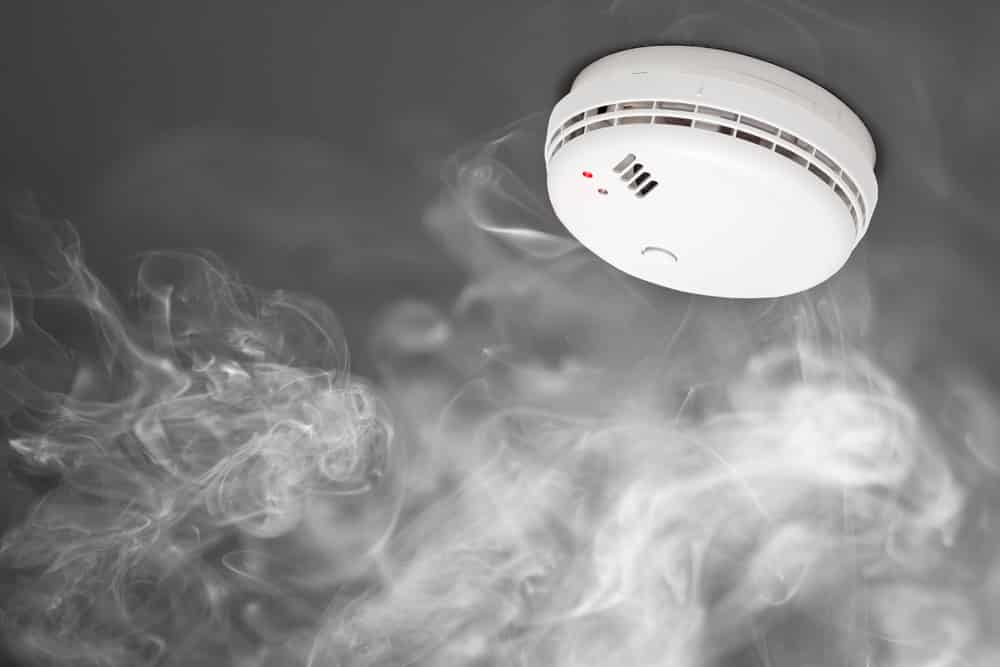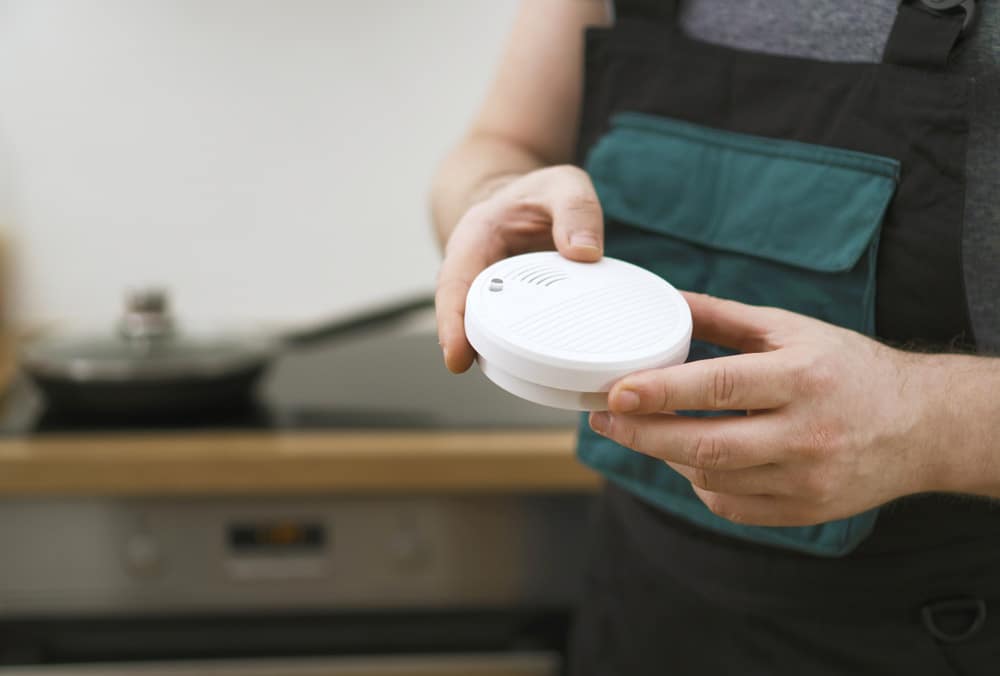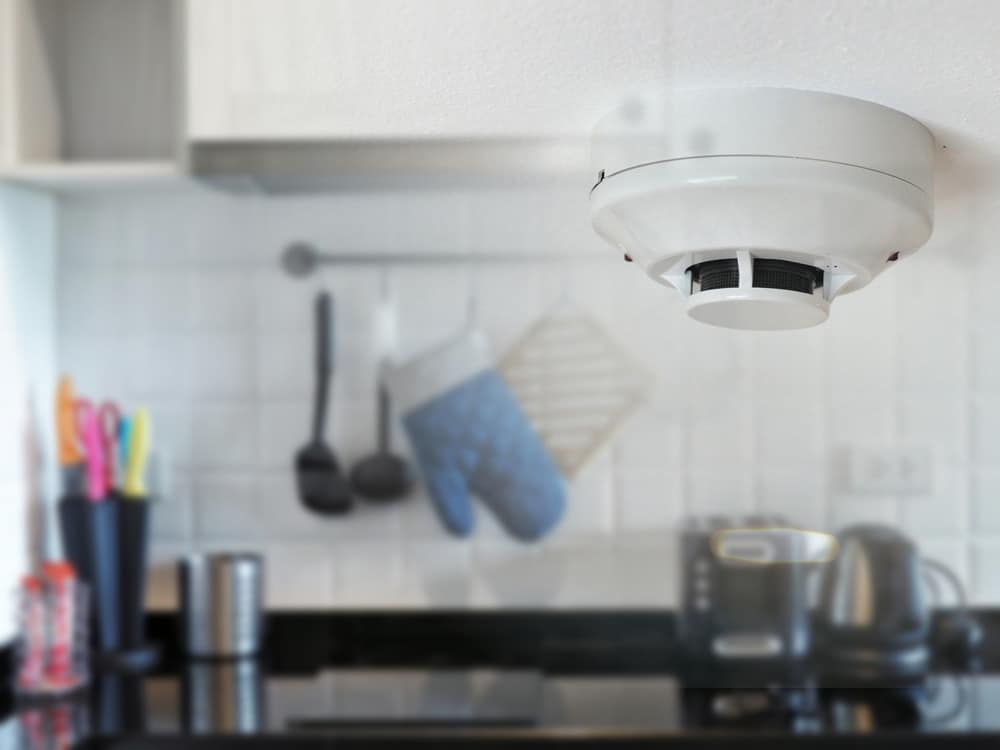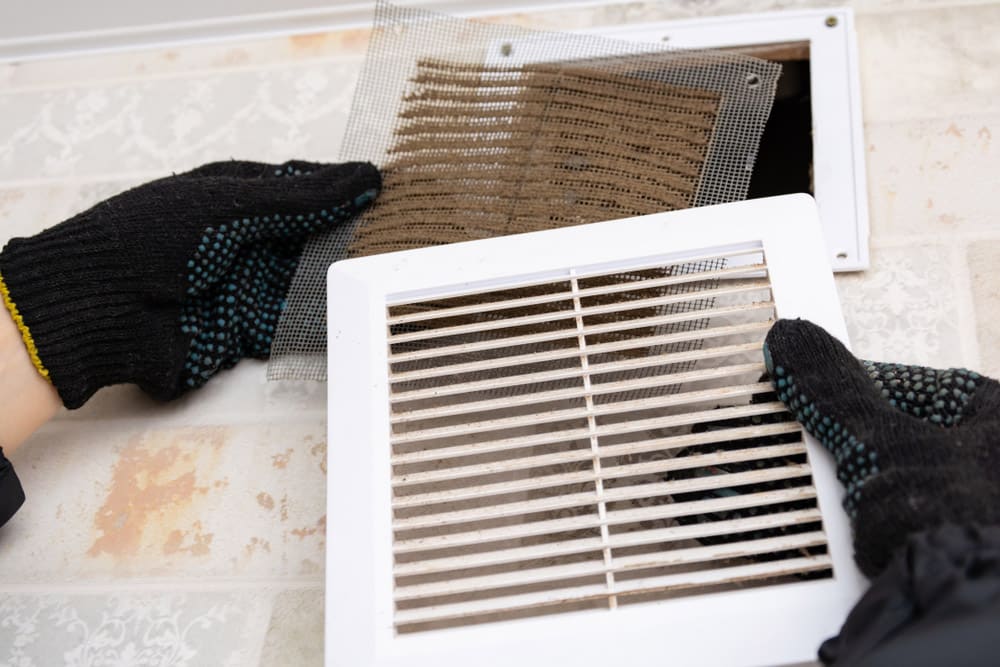
With inflation running high and prices rising, there is an even greater need for us all to reduce our cost of living. Many homeowners are looking to switch from their electric stoves to gas stoves to cut back on utility costs. Gas stoves are more energy efficient than electric ranges.
An electric range takes much more energy to produce the same heat as a gas range. Gas is generally cheaper than electricity too, and it can be quite a saving for larger families with more cooking to do. Electricity does offer the homeowner a lot of convenience, but it is costly.
These days, most of us have to think about going with cheaper options, which is why a gas stove is considered the better choice. Your biggest expense will be buying a new gas stove, but once you have that in place, you can benefit from the savings you make.
But is it safe to have a gas stove? Certainly it needs to be installed by a registered gas installer. What about those gas stoves that keep setting off a smoke alarm? Is your gas stove warning you that it is about to explode, destroying your entire family?
Gas Stove Sets off Smoke Alarm
We’ll look at three reasons why your gas stove might set off the smoke alarm and what you can do about it.
- You’ve got an ionization-type smoke detector
A gas stove can produce some fumes, such as carbon dioxide. Studies with gas kitchen ranges show that carbon monoxide concentrations are raised when the gas stove is used without a range hood.
As you burn gas on your range, it produces carbon dioxide and water vapor, which triggers the sensor on an ionization-type smoke detector. If smoke enters the detector, the ionized air bonds to the smoke, and the air ceases to conduct electricity, triggering the alarm.
Did you know that these ionization alarms are responsible for 97% of false alarms? Remember, these detectors are cheaper to buy, so it is advisable to rather use a photoelectric smoke detector as this will prevent false alarms.
Try to install a photoelectric smoke alarm, which will be less sensitive to regular kitchen smoke than an ionization smoke alarm.
- Your smoke alarm is in the wrong place or it could be dirty
Are you tired of experiencing intense anxiety from hearing those three loud beeps coming from your smoke alarm and putting everyone in the house in panic mode? Maybe your smoke detector is just too close to your gas stove and needs to be moved.
If your smoke alarm is in a place of high air velocity, such as near your gas stove, where smoke and steam can trigger an alarm, move it further away from your gas stove. It doesn’t take much smoke to trigger these smoke alarms.
In fact, if it is within 10 feet of your gas stove, then this can be the cause of the false alarms. Moving your smoke detector to another place in the kitchen or even into another room can certainly reduce the number of times the alarm is triggered.
It’s not just smoke, either. The mere presence of heat or fat can sometimes set off the smoke alarm. If you keep hearing three beeps and a pause just once too often, it is possible that the smoke alarm could also be dirty.
Insects and dust can get into the alarm and make it unreliable. Smoke alarms can be cleaned with a vacuum. Always look to see what the manufacturer specifies as a cleaning method for your alarm.
- You don’t have a vent
A gas stove requires proper ventilation for safety reasons and also for air quality. Some people will say that it isn’t safe to have a gas stove without a vent.
It’s not a requirement in America, and yet vent hoods are crucial for improving your indoor air quality and preventing your smoke alarm from going off.
However, for commercial establishments such as restaurants or hotels, the building code requires proper kitchen ventilation, such as these vented range hoods. Venting out cooking fumes and smoke is important, especially when cooking at high heat.
In fact, for safety and health purposes, you should turn on the range hood. This is because gas ranges produce a small amount of contaminants, and carbon monoxide can actually build up in your home.
If your gas oven is smoking, there is the possibility that the gas pressure in your home is too high so that it overfeeds the flame, causing it to enlarge and emit smoke. This is why you need proper ventilation.
If you do a good amount of cooking in your home, you’ll want to ensure your gas range is vented outside. When installing a range hood for your gas range, always make sure you get it installed by a professional.
You can always be in touch with your gas oven manufacturer about smoking due to high gas pressure and the possibility of installing a range hood.
Combo smoke and carbon monoxide detectors
Some smoke alarms function as both a smoke detector and a carbon monoxide detector. If you have a gas stove, a smoke alarm will detect a fire and give you a chance to clear out your home or building.
Carbon monoxide alarms installed on gas stoves will alert you to the presence of carbon monoxide gas. The combination alarms detect both of these dangers, smoke and carbon monoxide.
There are more than three reasons why your gas stove sets off a smoke alarm, and you don’t want to get used to it going off so that you ignore it. It could be the real thing one day. Smoke detectors are intended to play an important role in providing people with a warning.
A smoke alarm that is continuously going off can be ignored at the very time it needs to be noticed. Do something about your smoke alarm going off when it shouldn’t so that when it does sound a genuine alarm, you’ll react immediately.



We live in a condo which does not have an outside vent, so the vent on the stove just releases what is cooking in the oven into our main room. There is an over the stove microwave with a recirculating fan. Anyone have an idea to stop the alarm?